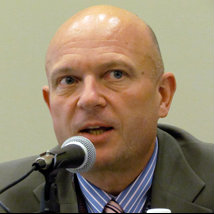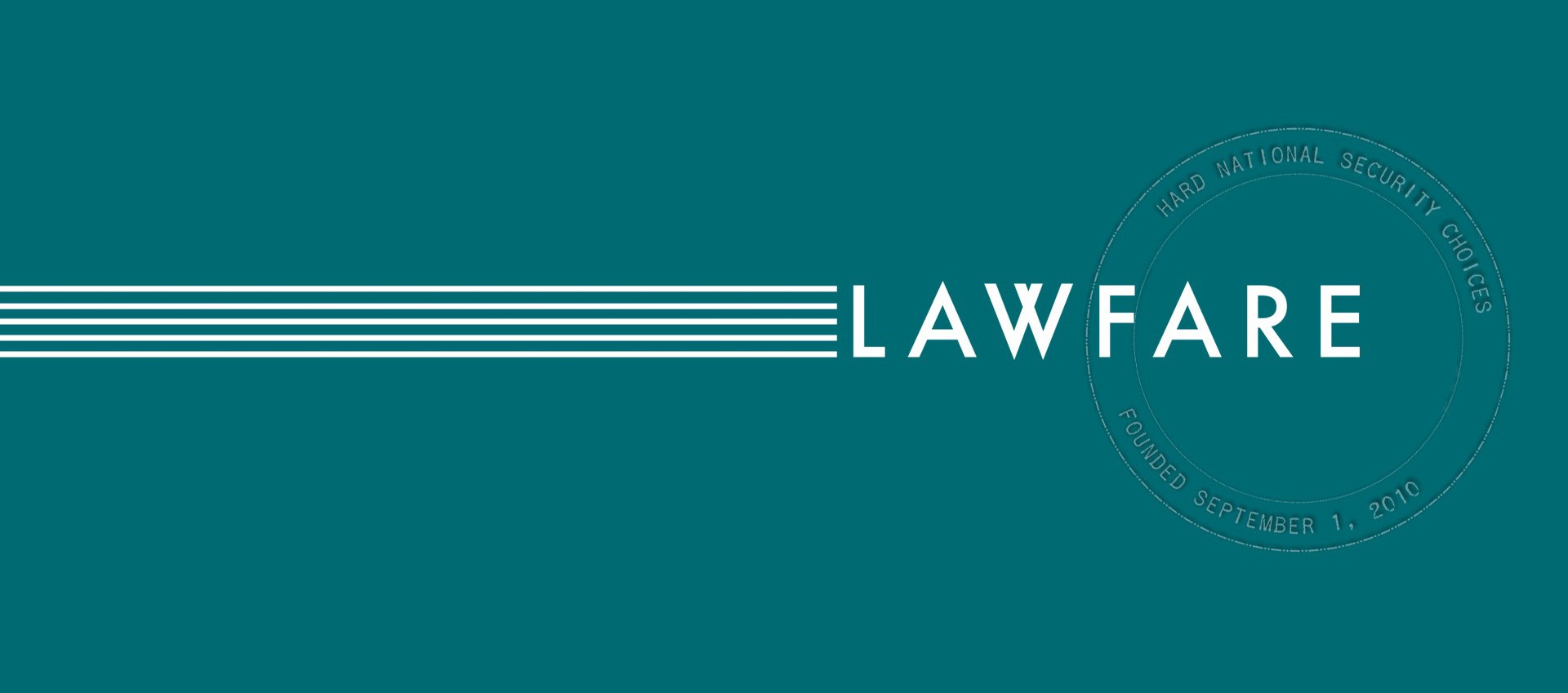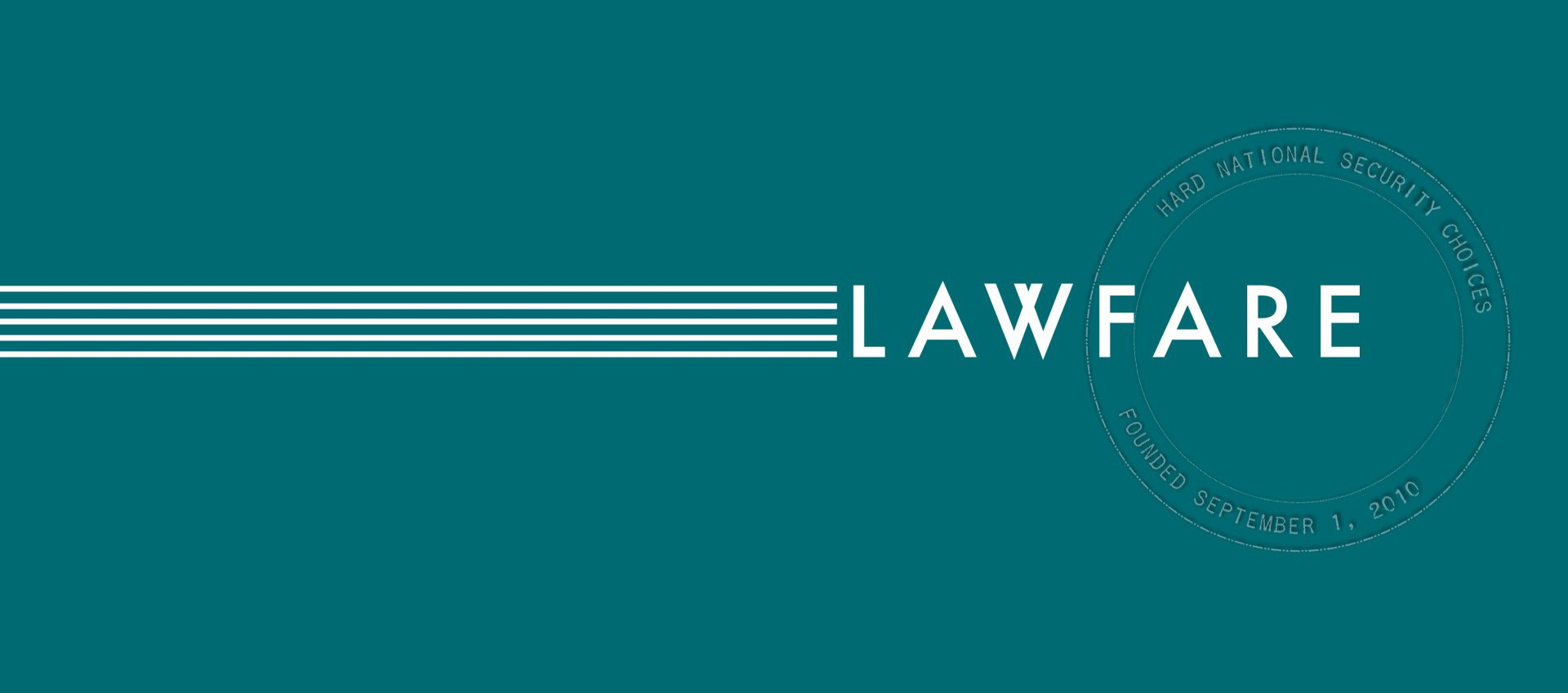Congressional Oversight of US Foreign Relations
Watchdogs on the Hill: The Decline of Congressional Oversight of U.S. Foreign Relations
Linda L. Fowler
(Princeton UP 2015)
Published by The Lawfare Institute
in Cooperation With

Watchdogs on the Hill: The Decline of Congressional Oversight of U.S. Foreign Relations
Linda L. Fowler
(Princeton UP 2015)
Congressional oversight of intelligence - its processes as well as its substance, its effectiveness and institutional structures - has always been a keen interest of Lawfare contributors and readers, including, for example, lively discussion several years back of Hoover Institution political scientist (and Lawfare contributor) Amy B. Zegart’s 2011 book, Eyes on Spies. The topic of Dartmouth government professor (emerita) Linda L. Fowler’s book, Watchdogs on the Hill: The Decline of Congressional Oversight of U.S. Foreign Relations is broader than intelligence - reaching to oversight of foreign policy generally, rather than intelligence. Its specific research focus is the formal oversight hearings of the Senate Armed Services and Foreign Relations Committees, seen across the post-WWII period down to today. She observes a reduction in the number of public and secret hearings of these two committees, and argues that Congressional scrutiny of the conflicts in Iraq and Afghanistan fell far below levels of scrutiny by these committees in earlier large conflicts from the Truman era on.
Fowler's book aims to marry quantitative analysis of data on such measurable phenomena as formal oversight hearings to a strongly held normative view that the conduct by the executive of American conflicts since 9/11 has not been subject to oversight and accountability from Congress at a level required by American democracy. Readers are likely to question whether the data really demonstrates such strong conclusions about the lack of oversight and accountability that the book claims. Nonetheless the book contains useful and well-recounted case studies of Congressional oversight of pre-9/11 major conflicts and major foreign policy disputes, including the Vietnam War, the Panama Canal Treaty controversies, and the first Gulf War.




